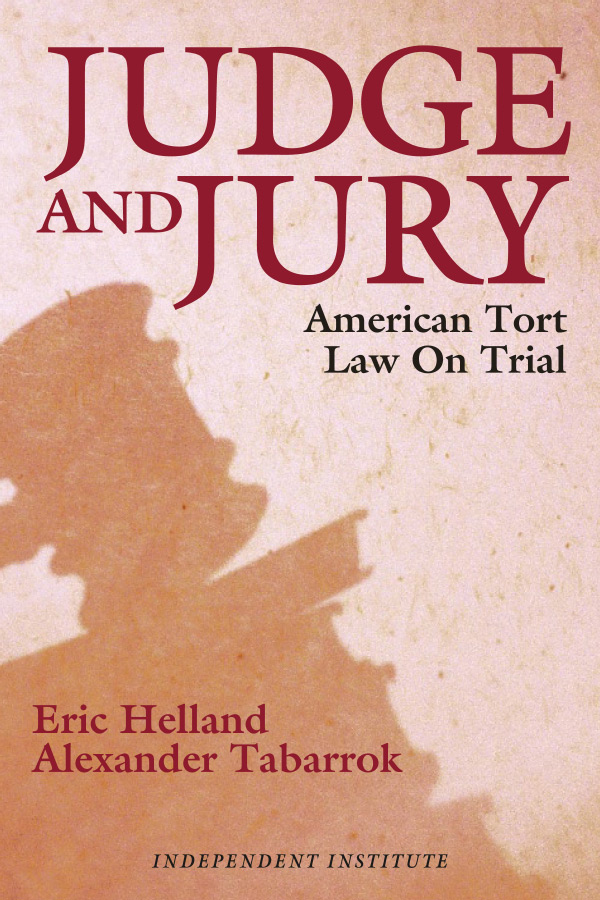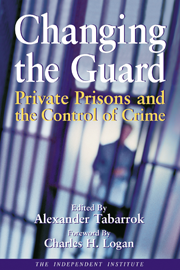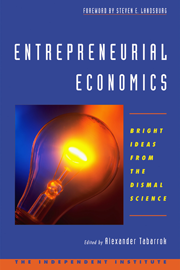On Feb. 9, Oakland police, led by state Sen. Don Perata, D-Oakland, offered to buy handguns and assault weapons for $250 each, “no questions asked, no ID required.” The “One Less Gun” buyback program attracted so many eager sellers that the money quickly ran out. But instead of closing up shop, the police handed out IOUs good for a future buyback. The Oakland police are now stuck with a bill for $170,000.
The buyback has been criticized as a poorly organized fiasco, but even the critics say it was “the right idea” and “a step in the right direction.”
On the contrary, the buyback was a bad idea from the beginning. Gun buybacks have been tried before, in cities from Seattle to Washington, D.C., and they simply don’t work.
In an authoritative study, the National Academy of Sciences reported that “the theory underlying gun buyback programs is badly flawed and the empirical evidence demonstrates the ineffectiveness of these programs.”
It doesn’t take much insight to understand why gun buybacks don’t work. Gun buybacks attract low-quality guns from people who aren’t likely to use them to commit crimes. The Oakland police, for example, bought a dozen guns from seniors living in an assisted-living facility. Are you relieved to know that Perata disarmed these dangerous senior citizens?
The Oakland buyback was especially absurd because of the high price offered: $250. Why didn’t anyone running the program think to look at the price of a new gun? In fact, the first two people in line at one of the three buyback locations were gun dealers with 60 firearms packed in the trunk of their cars.
One wonders why the police even bothered to buy the guns from Oakland residents. Why not buy directly from gun manufacturers?
Of course, buying guns from manufacturers is so obviously an absurd way to reduce the supply of guns that it has never been proposed.
Nevertheless, the idea is no less absurd when Oakland residents serve as the middlemen between the manufacturers and the police.
Buying a few thousand guns in Oakland is not going to make it more difficult for criminals in Oakland to get a gun.
There are 150 million to 200 million guns in the United States, so there are plenty of low-quality guns to be sold. An Oakland gun buyback is like trying to drain the Pacific—every bucket of water you take out is instantly replaced. Even large gun buyback programs are unlikely to have significant effects. Australia spent half a billion dollars buying guns, with no significant effect on homicide by firearms.
Imagine that instead of guns, the Oakland police decided, for whatever strange reason, to buy back sneakers. The idea of a gun buyback is to reduce the supply of guns in Oakland. Do you think that a sneaker buyback program would reduce the number of people wearing sneakers in Oakland? Of course not.
All that would happen is that people would reach into the back of their closet and sell the police a bunch of old, tired, stinky sneakers.
Gun buybacks won’t reduce the number of guns in Oakland. In fact, buybacks may increase the number of guns in Oakland.
Imagine that gun dealers offered a guarantee with every gun: Whenever this gun gets old and wears down, the dealer will buy back the gun for $250.
The dealers’ guarantee makes guns more valuable, so people will buy more guns.
But the story is exactly the same when it’s the police offering the guarantee. If buyers know that they can sell their old guns in a buyback, they are more likely to buy new guns. Thus the more common gun buybacks are held, the more likely they are to misfire.
Recognizing that gun buybacks don’t work is neither pro- nor anti-gun. We all want to reduce gun crime in Oakland. Yet the Oakland police and concerned private citizens have spent $250,000 on a policy that doesn’t work and that everyone who has studied the issue knows does not work.
The guns bought in this buyback are destined to be melted down to create a monument.
It’s a shame that this monument will be the only lasting effect of the buyback.












